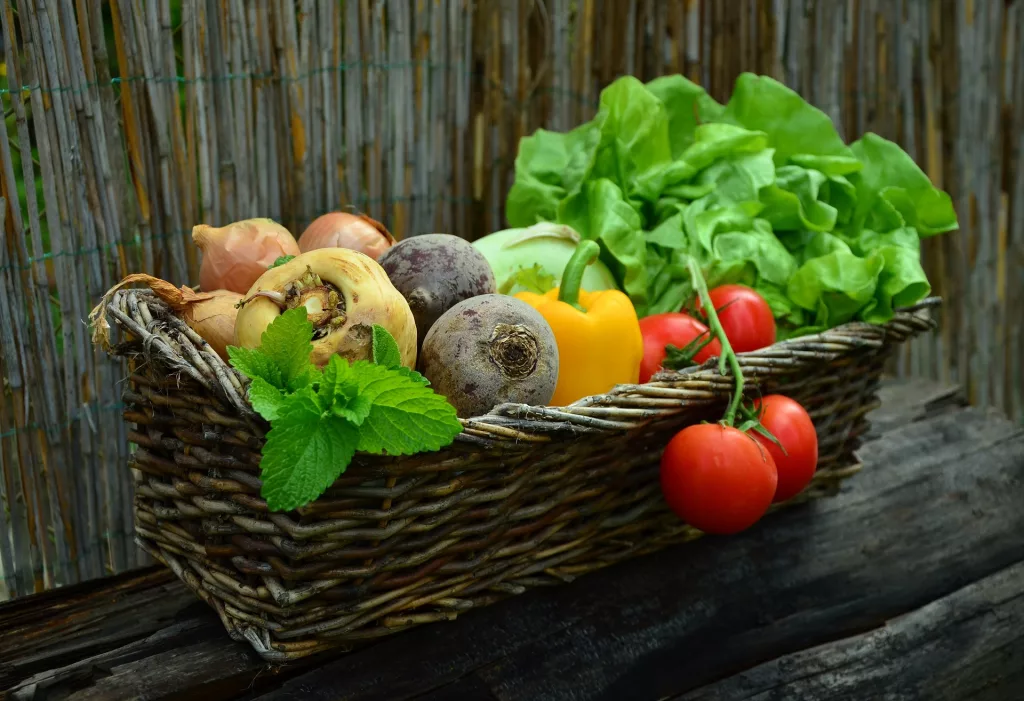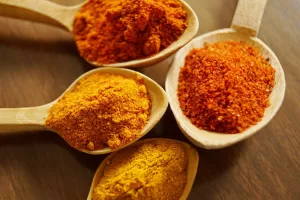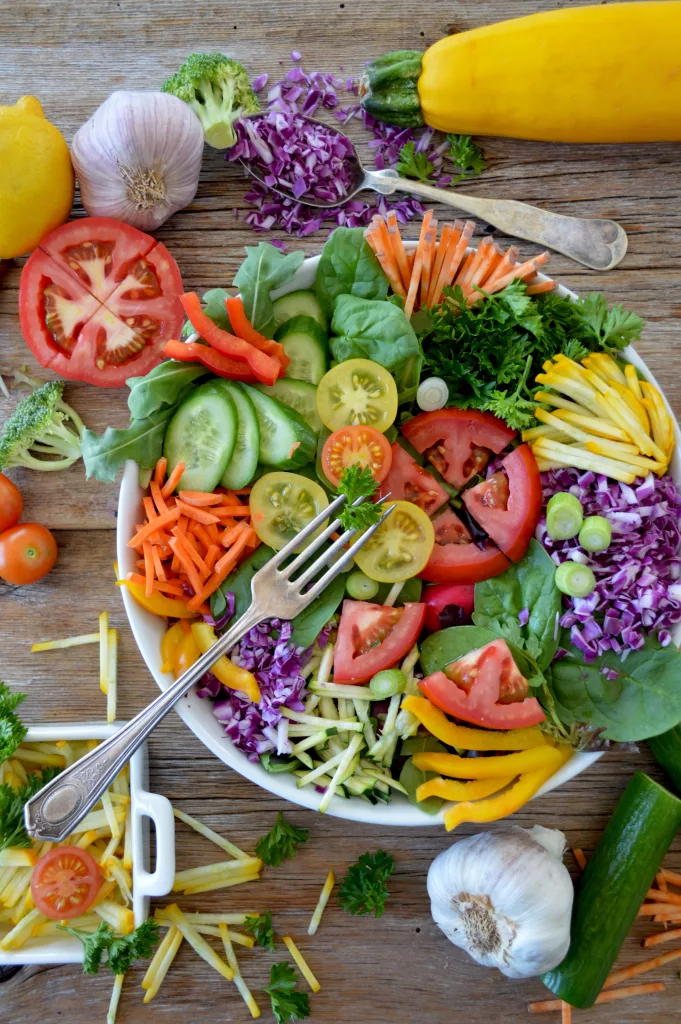
Eating potassium-rich foods can help people keep their good eating habits. Blood pressure and heart rate and rhythm can both benefit from potassium supplementation. The highest-potassium-content foods are presented here.
Potassium aids in digestion, nerve transmission, muscle regulation, and bone density, making it an essential mineral.
The recommended daily allowance of potassium for an adult is 4,700 milligrams.
Blood pressure rises as blood vessels become stiff and constricted due to an imbalance, which reduces blood flow.
Potassium, like all nutrients, is essential to good health. It prevents hypertension and lowers the probability of atherosclerosis. The danger of having a stroke, kidney failure, or heart attack is reduced in this way.
Potassium helps to relax your blood vessels and even without it, excess sodium in the body cannot be flushed out.
Potassium-rich foods are a great way to get in more of this nutrient without taking supplements.
Potassium-Rich Foods For a Healthy You
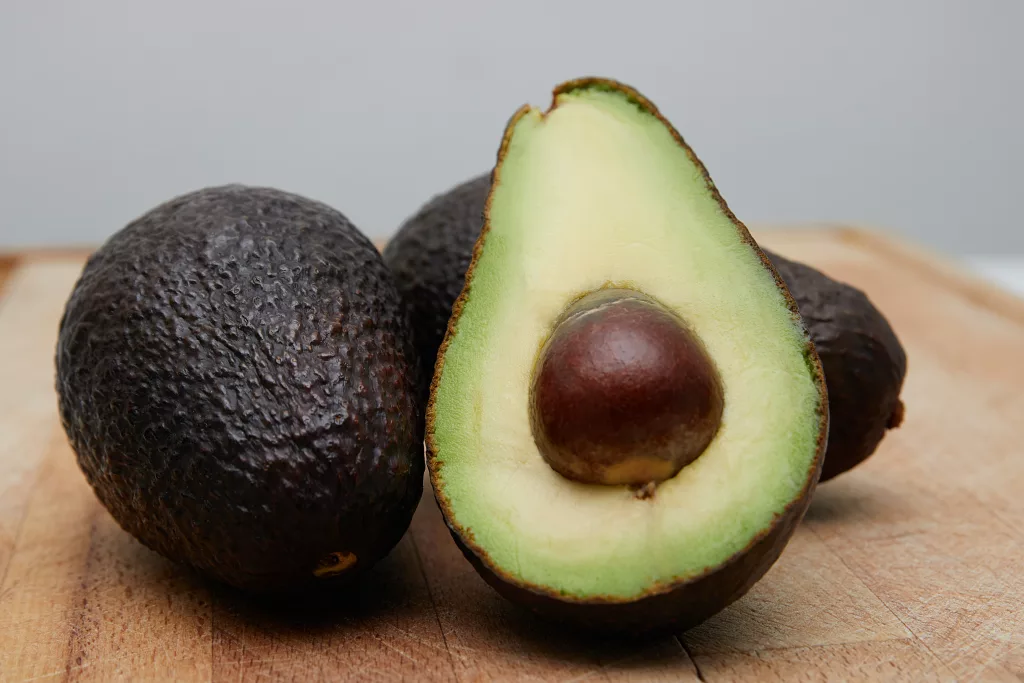
1. Avocados
As word of its many health benefits spread, avocados skyrocketed in popularity. Folate and vitamin K are found in abundance, and it also contains monounsaturated fats.
About 485 milligrams of potassium can be found in an avocado that weighs 100 grams.
Avocados have been suggested as a possible remedy for hypertension. It’s helpful for people who have been advised to up their potassium consumption while decreasing their sodium intake.
2. Pomegranate
Juice made from this fruit or vegetable is among the healthiest options for your cardiovascular system. Pomegranate juice protects against heart disease and boosts the body’s natural defenses.
There’s a lot of good stuff in there, like potassium, vitamin C, folate, protein, and vitamin K. About 666 milligrams of potassium can be found in a single pomegranate fruit. The patient’s systolic blood pressure has dropped dramatically.
3. Sweet Potatoes
You can swap out regular potatoes for sweet potatoes. And the health benefits are a big part of its appeal. Magnesium and potassium, both found in abundance, contribute to normal blood pressure.
About 340 milligrams of potassium can be found in 100 grams of sweet potatoes. The potassium content of a single medium-sized sweet potato can provide up to 12 percent of your daily needs.
4. Banana
It’s the most popular fruit eaten in every region. Bananas are a popular fruit since they are tasty and good for you. As a fruit, it is highly recommended for reducing hypertension.
Vitamin B6, vitamin C, potassium, fiber, magnesium, and manganese are just few of the minerals that may be found in a banana.
About 360 milligrams of potassium can be found in a 100 gram serving of bananas.
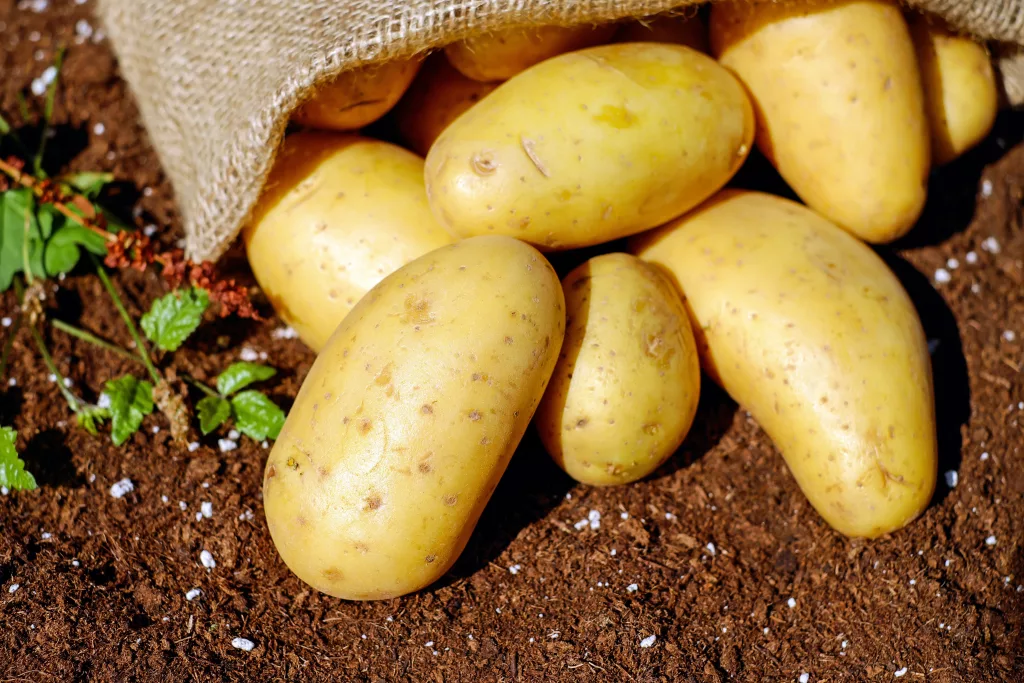
5. Potatoes
This root vegetable is popular worldwide for its starchy flavor. It’s a mainstay in the diets of many different nations. About 420 milligrams of potassium can be found in 100 grams of cooked potatoes.
It’s a good source of other nutrients as well. Its versatility makes it an important source of potassium in the diet.
6. Spinach
Potassium, vitamin A, vitamin K, folate, and magnesium are just some of the vitamins and minerals that can be found in abundance in spinach. The potassium content of raw spinach is 558 milligrams per 100 grams.
Spinach provides the same amount of magnesium, folate, and vitamin K1 as well as 79 milligrams, 194 micrograms, and 483 micrograms, respectively. Systolic and diastolic blood pressure are both lowered.
7. Celery
Celery which is one of the potassium-rich foods is a low-calorie, nutrient-rich vegetable. The phthalides it has in it aid to relax blood vessels and reduce blood pressure.
The amount of potassium in 100 grams of cooked celery is about 284 milligrams.
8. Beetroot
People that are concerned with their health tend to enjoy beets. Beets provide 518 milligrams of potassium every 170 gram serving.
Nitrates, found in abundance in beets, are converted into nitric oxide. In turn, this helps keep your heart and blood vessels healthy.
Not only is this root vegetable high in fiber, but it also has magnesium, iron, and vitamin C. The sum of these benefits—lower blood pressure and less inflammation—is substantial.
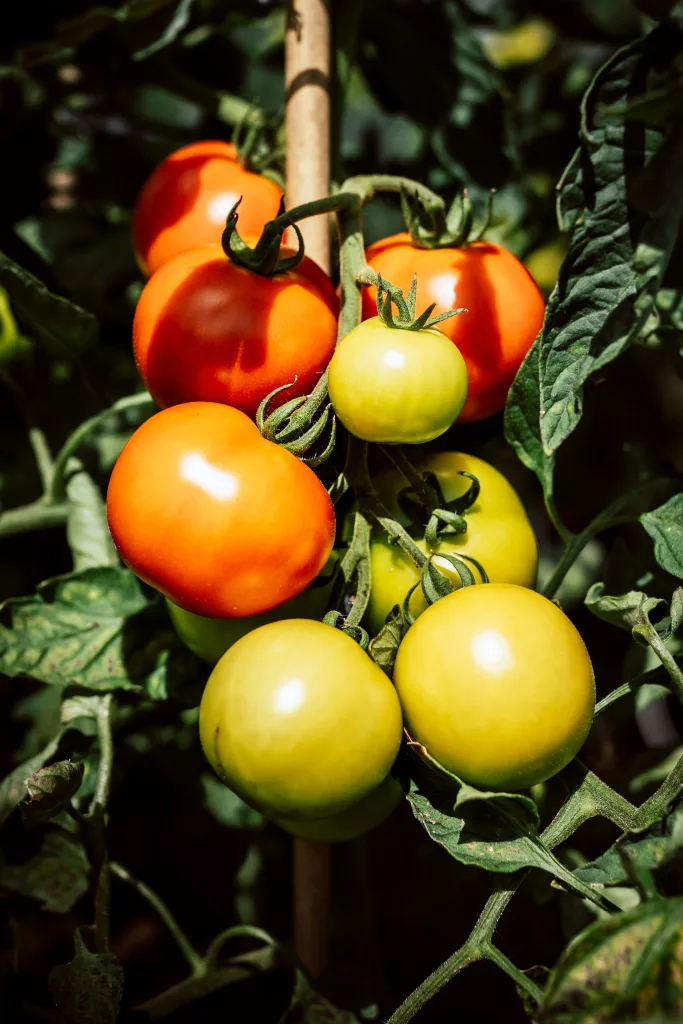
9. Tomatoes
Tomatoes and tomato sauce are a good source of potassium as well. About 728 milligrams of potassium may be found in just 245 grams, or about one cup, of tomatoes.
Tomatoes are rich in the antioxidant vitamin C and the plant chemical lycopene, which helps lower blood pressure and protect against prostate cancer.
It also provides a healthy dose of several other nutrients, including magnesium, vitamin A, fiber, iron, and vitamin B6.
10. Pumpkin seeds
Arginine, potassium, and magnesium are just few of the nutrients found in pumpkin seeds. These nutrients work together to maintain a healthy blood pressure.
The potassium content of 100 grams of unsalted pumpkin seeds is 919 milligrams. Magnesium, which is abundant in pumpkin seeds, is beneficial to cardiovascular health by reducing blood pressure.
While arginine aids in nitric oxide generation, which in turn helps relax blood arteries and reduces blood pressure.
Helpful Hint for Keeping Potassium Levels
Some lifestyle adjustments, in addition to eating more potassium-rich foods, can aid with blood pressure management.
- Lessen your salt intake
- Get plenty of exercise.
- Take control of your anxiety.
- Take in plenty of fluids.
- Eat more foods that are high in potassium.
Foods high in potassium should be avoided if you have kidney disease or other conditions that put stress on your kidneys. The kidneys’ inability to excrete excess potassium compounds existing problems.
Final Thought
Picking the appropriate food is crucial when trying to meet your recommended daily allowance of potassium.
Potassium helps with muscle cramps and headaches, among its many other health benefits, and is good for your heart and blood pressure.
Learn more about the recommended daily allowance for potassium and which foods are rich in this vitamin by reading on!
Increasing your regular potassium-rich foods consumption may be an easy method to improve your health without resorting to medication or supplements.
Getting enough of this vital mineral has been linked to a wide variety of health improvements, including a reduced risk of heart disease, lower blood pressure, and the elimination of painful muscular cramps and headaches.

